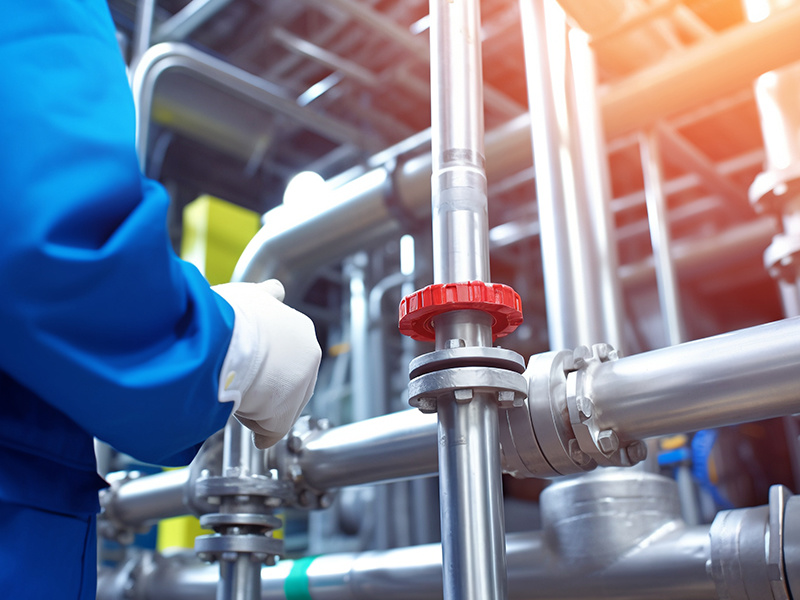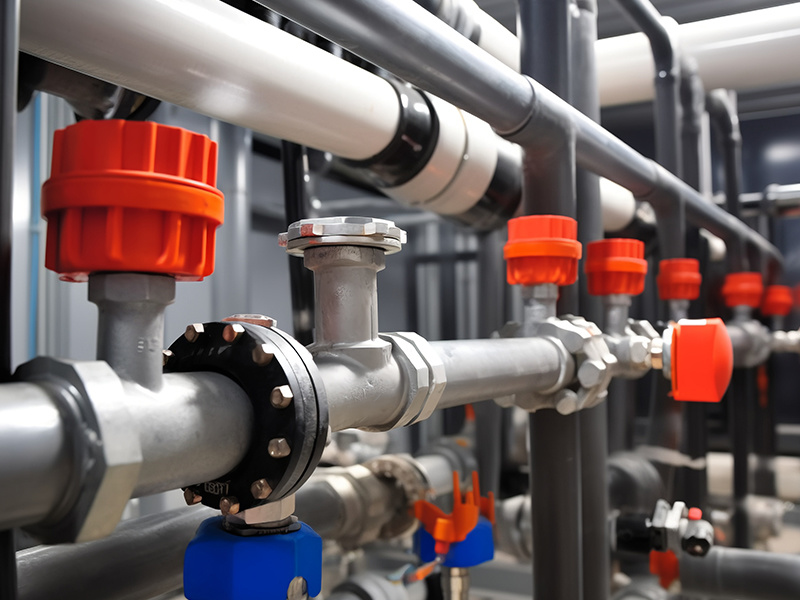Unlocking the Mysteries of Valves: Your Go-To Guide for Common Questions
Release Time:
Aug 01,2025
Explore the common questions surrounding valves, their types, functions, and troubleshooting tips.
What’s a Valve, Anyway?
So, you might be wondering, what’s a valve? Well, in the simplest terms, a valve is a device that regulates, directs, or controls the flow of fluids (liquids, gases, or slurries) by opening, closing, or partially obstructing various passageways. Think of it as the gatekeeper of your plumbing or machinery. Without these handy gadgets, things could get pretty messy!
Types of Valves: A Quick Rundown
Now that we’ve got the basics down, let’s dive into the different types of valves. There are several, but here are a few of the most common ones:
- Gate Valve: Often used for on/off service, it's great at shutting the flow completely when needed.
- Ball Valve: Known for its reliability and durability, this type provides a tight seal and is perfect for quick shut-off.
- Check Valve: This little gem prevents backflow, ensuring that fluids flow in one direction only.
- Globe Valve: Ideal for throttling flow, it’s used when you need to control the flow rate.
Why Do Valves Matter?
Valves play a crucial role in a multitude of applications—from residential plumbing to large industrial systems. They help maintain pressure, control flow rates, and ensure safety. Without valves, systems would be prone to leaks, bursts, and other nasty surprises. Ah, the joys of engineering!
Common Questions About Valves Answered
Let’s tackle some of the frequently asked questions surrounding valves. After all, knowledge is power, right?
1. How Do I Know if My Valve Is Working Properly?
Ah, the million-dollar question! Start by checking for leaks, odd noises, or irregular flow. If you notice any of these, it might be time for a closer look. Trust your instincts—if something feels off, it usually is!
2. Can I Repair a Valve Myself?
Well, that depends! If you’re feeling handy and have some basic tools, you might be able to tackle minor repairs. However, for significant issues or if you’re dealing with a complex system, it’s best to call in the pros. Safety first!
3. When Should I Replace My Valve?
Generally, if your valve is leaking, corroded, or not functioning as it should, it’s time for a replacement. Keep an eye on its performance over time—better safe than sorry!
Tips for Valve Maintenance
To ensure your valves are in tip-top shape, consider these handy tips:
- Regular Inspections: Make it a habit to check your valves periodically.
- Cleanliness is Key: Keep the area around your valve clean to avoid contamination.
- Know Your System: Familiarize yourself with how your valves operate within your system.
Conclusion: Valves Are Your Best Friend!
In conclusion, valves are more than just mechanical devices—they’re essential components that keep your systems running smoothly. Armed with the right knowledge, you can tackle any valve-related issue with confidence. So next time you hear the word valve, you’ll know there’s a lot more to it than meets the eye!





